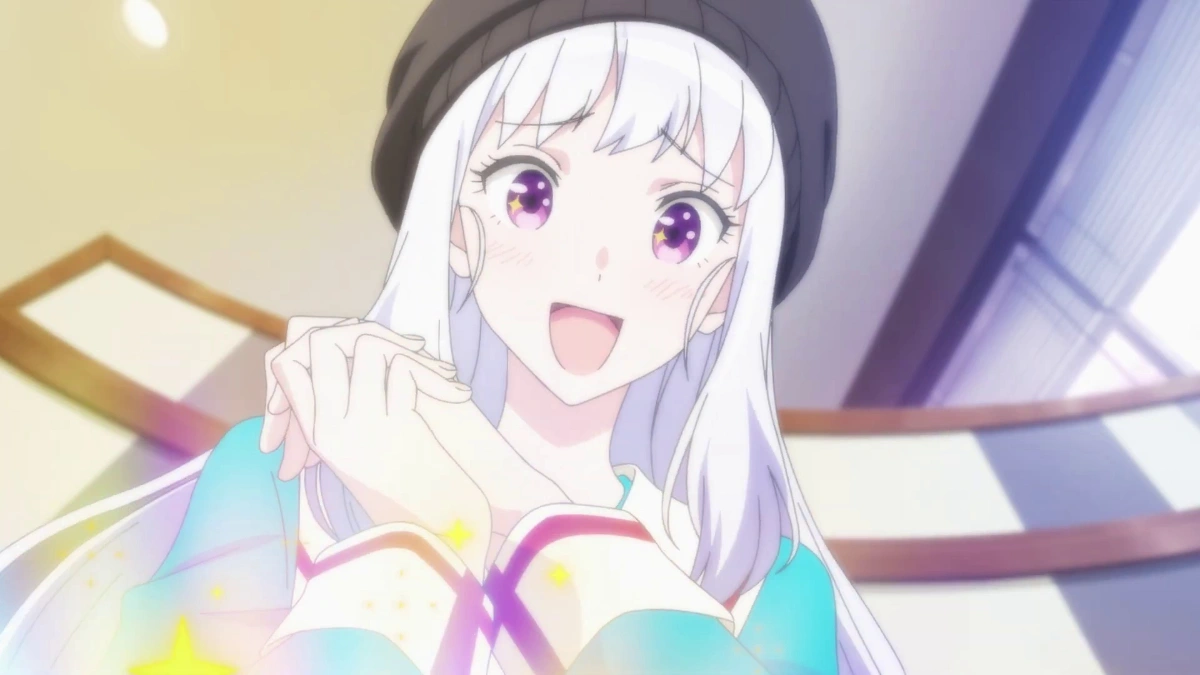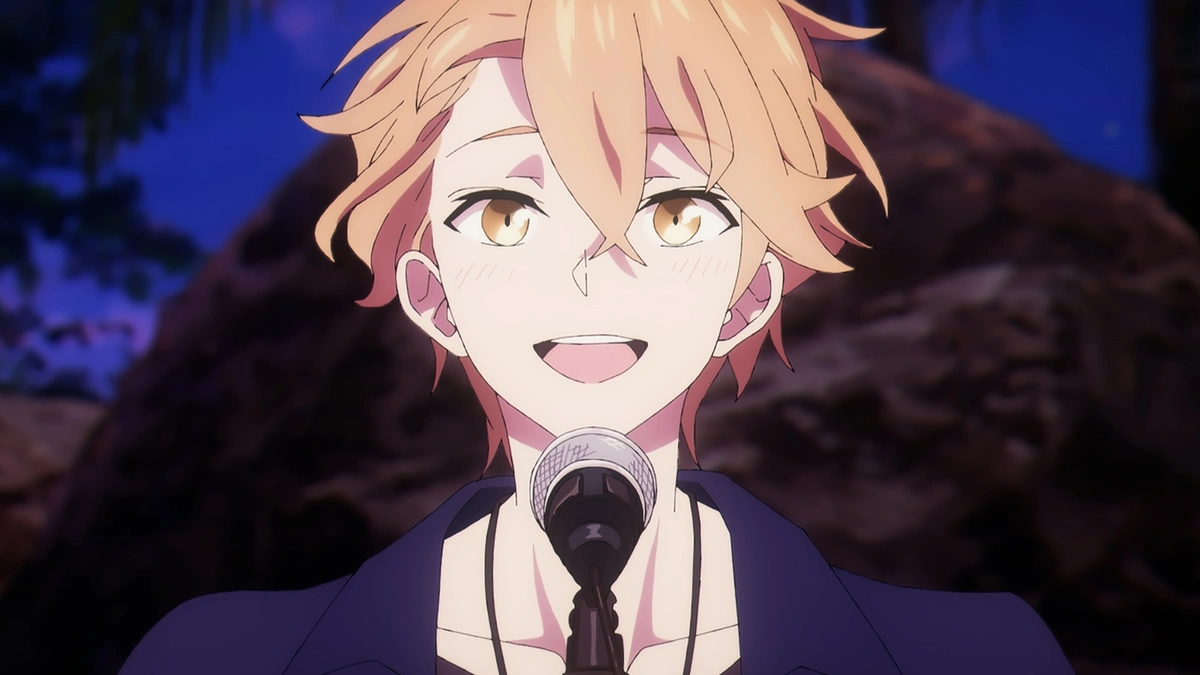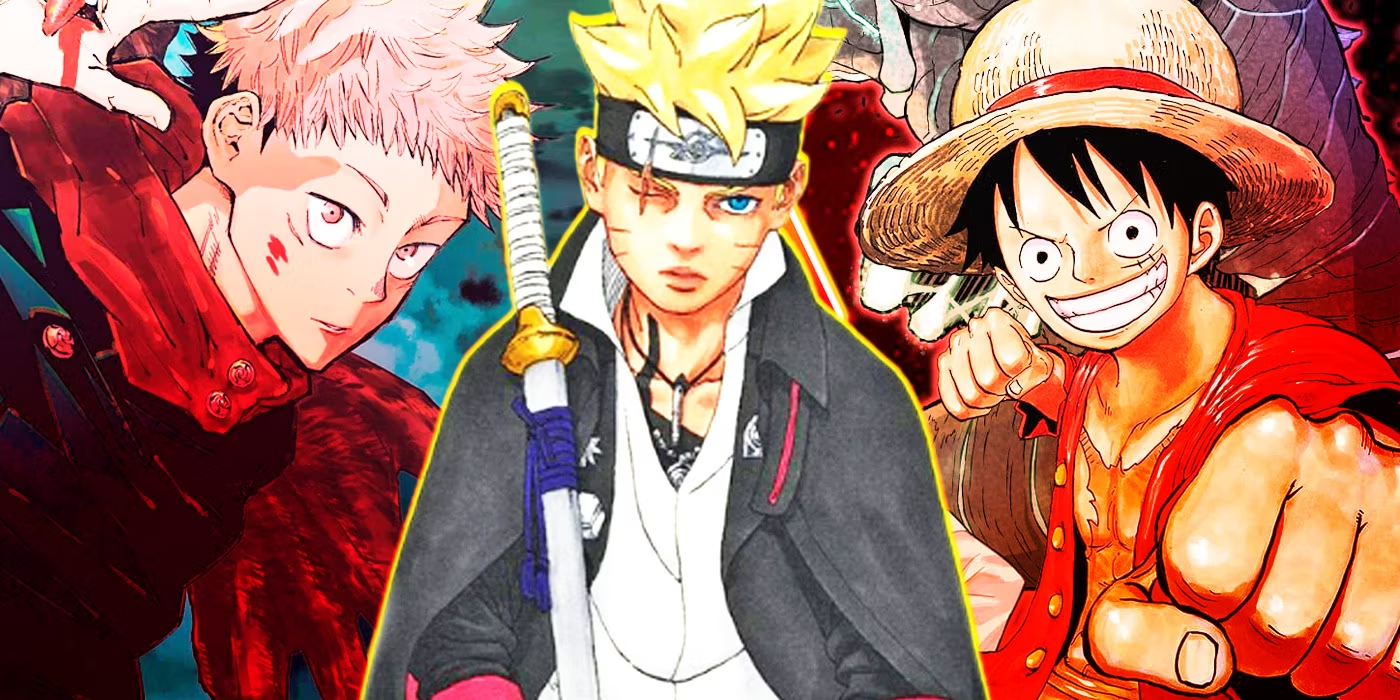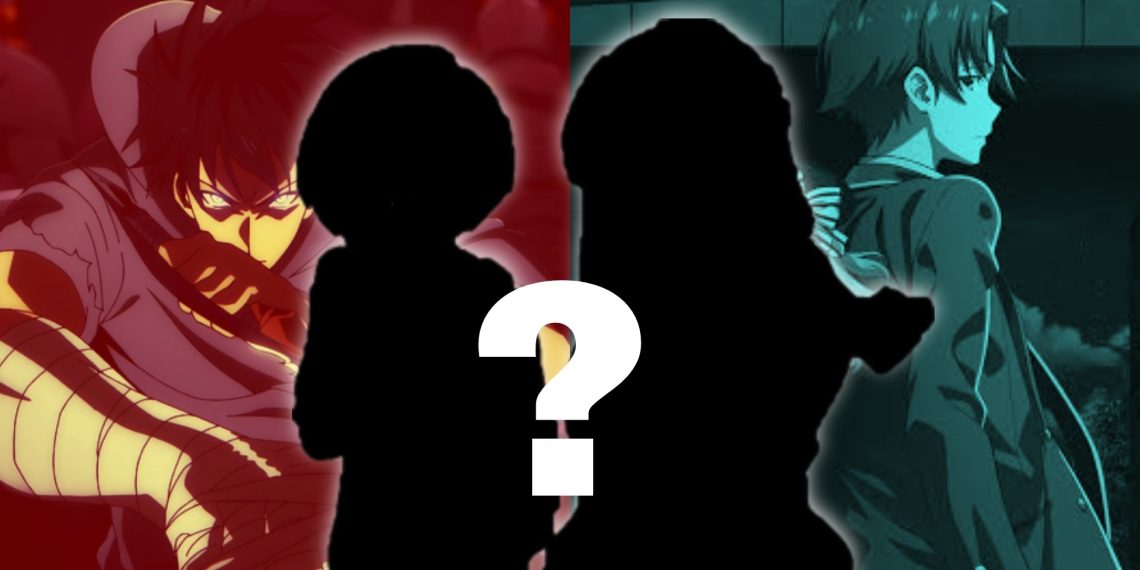The beloved anime Sazae-san, a cultural staple in Japan for over five decades, aired recently with no sponsor messages—an unprecedented event. The disruption comes in the wake of a scandal involving Fuji TV, the network behind the show, which is now facing backlash for allegedly concealing internal fraud and misconduct to protect executives.
As Unseen Japan reports, major corporations withdrew their sponsorships in response to the network’s lack of accountability. Companies cited concerns over brand association and ethical alignment. As a result, Sazae-san was broadcast without commercial ads for the first time in its history, with blank ad slots shocking long-time viewers.
Advertisers Distance Themselves from Fuji TV

Fuji TV has remained largely silent on the specifics of the scandal but admitted to “communication failures” within its executive ranks. The controversy reportedly involves falsified ratings data and backroom dealings with advertisers, prompting an internal audit and public scrutiny. Some executives have resigned, but critics say the damage is already done.
Sponsors like Toshiba, which has supported Sazae-san since 1969, have yet to comment on whether they’ll return. Analysts suggest this situation may affect future deals for not only Sazae-san, but other anime projects as networks scramble to restore public trust. The uncertainty has rattled both viewers and advertisers alike.
Fans React to the Blank Screens

Viewers were quick to notice the change. Instead of traditional brand messages, the show aired with blank ad spaces and station promos. “It felt eerie,” one fan posted on X (formerly Twitter). “Like something had broken behind the scenes.” Many expressed frustration, while others supported the decision of sponsors to cut ties until Fuji TV is more transparent.
This isn’t just a PR issue—it’s a cultural moment. Sazae-san is more than a show; it’s a Sunday ritual in Japan. To see it stripped of sponsor ties is to witness the impact of media mistrust firsthand. The controversy also reignites debates around how closely anime is tied to corporate interests and how fragile that relationship can be.
Will the Anime Industry See Long-Term Effects?

The fallout raises concerns across the anime world. While Sazae-san is an institution, newer series often rely on fragile sponsorships and streaming contracts. If networks can no longer guarantee reputational safety, more advertisers may hesitate to back even popular titles. Industry insiders fear a chilling effect on investment and a reshuffling of long-held partnerships.
Fuji TV has promised reforms, but whether they’ll be enough to restore trust is uncertain. Until then, Sazae-san continues airing in a silent protest—its commercial breaks now a stark reminder of how media missteps can ripple far beyond the boardroom.
Also Read: 15 Times Real-Life Scandals Changed the Anime Industry Forever




